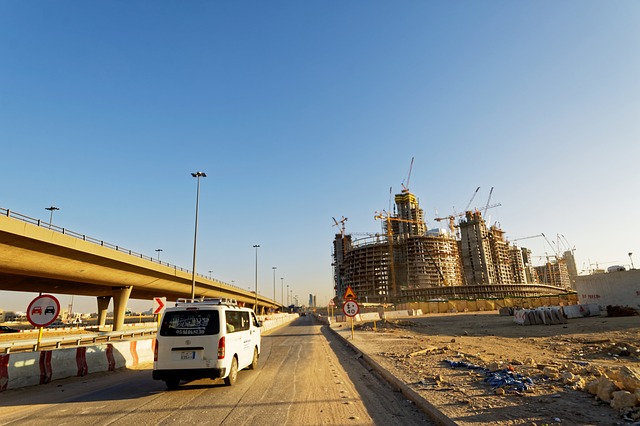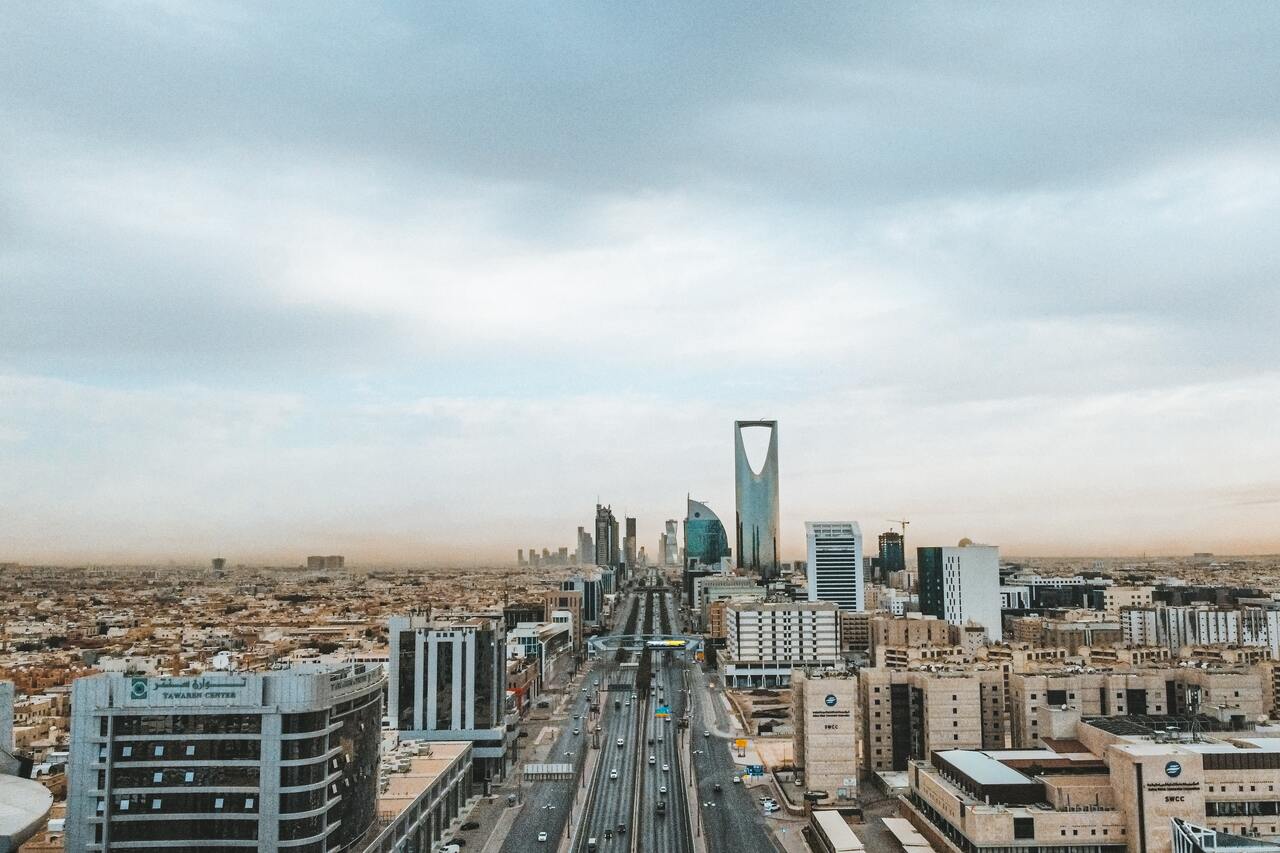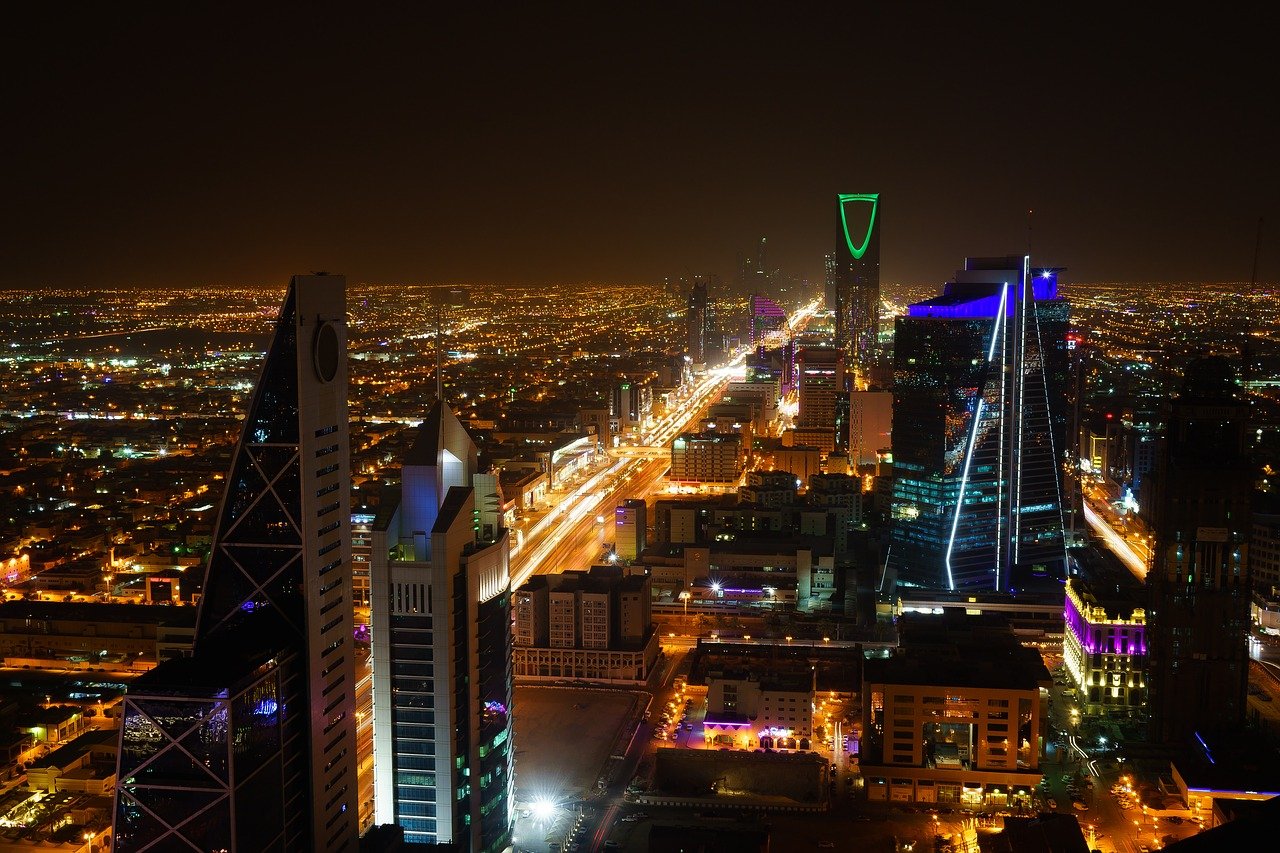Known to many as one of the oil-dependent countries, Saudi Arabia is facing a huge challenge amidst the turmoil of global oil prices. The shifting of becoming a non-oil dependent country is deemed necessary to revitalize the country’s economy. Despite the seemingly challenging economic upheaval, Saudi Arabia can take opportunities during its progress of becoming a less oil-dependent country.
Saudi Arabia is now getting ready to take on its economic challenge with its Vision 2030. This vision is composed of several key points such as augmenting the non-oil revenue, setting up a sovereign wealth fund, increasing the number of the small and medium enterprises (SME’s) and private sectors as well as reorienting public sector spending. This decision can possibly alter the structure of the country’s economy in the long term but opportunities are also coming along with it. In fact, many industry players believe that Saudi Arabia’s logistics sector is a promising sector which can attract not only local players but also international players, urging the country to tap more opportunities within the sector.

Geographical-wise, Saudi Arabia is located at the meeting point of Asia-Europe and Asia-Africa, making it a strategic venue for transporting goods and warehouse storage. The country is a big importer itself, regularly importing goods such as machinery, vehicles, iron, steel and so on. The industrial products alone accounted for 15.8% of the country’s total imports with an estimated value of USD 26.8 billion. That being said, the government of Saudi Arabia is reported to be investing USD 30 billion in upgrading ports’ facilities. This investment aims for a better competitive advantage, allowing the country to better compete globally. Other than the ports, the government is also executing an expansion of the railways and airline networks. This is done to allow a higher number of cargos that can be transported through the country.
This desired infrastructure development perfectly matches the growing Fast-Moving Consumer Goods (FMCG) and retail industry. The growth of the e-commerce industry in the country also serves as another boost for an improved logistics system. With the burgeoning growth of these industries, it is expected that there will be more demand for a seamless logistics system in Saudi Arabia. Furthermore, in developing its transportation, warehouse, and logistics system, the country needs to use a different approach for the service providers. Logistics service providers have been facing a diverse industry client, ranging from the oil and gas to the FMCG industry. With Saudi’s Vision 2030, service providers will have to anticipate an even wider scope of the market.
Overall, achieving the desired business revolution will surely be a tough process due to the ongoing economic turmoil in the country, yet, the importance of becoming a non-oil dependent country is becoming a priority for the country to survive the oil price fiasco. Despite this, the country can take advantage of its geographical position and its growing industries and it is only necessary for Saudi Arabia to unleash even more potential through its desired development and achieving its goal to become a prominent global player in the logistics sector.



